Coming for Comedy
It always starts with the artists.
Hey Rebels— Pixie here.
Usually before the dictators ban books. Before they corrupt elections. Before they rewrite reality—they come for the artists. The poets. The punks. The playwrights. The painters. And most of all… the comedians.
Because when the lies get too loud, satire cuts through the noise. Comedy tells the truth out loud and makes people laugh while doing it. And authoritarianism can’t afford truth or laughter.
That’s why what’s happening with Stephen Colbert matters. Not because he’s the only one. But what just happened to him is a warning shot.
Colbert, who’s been anchoring The Late Show for nearly a decade, didn’t just host a talk show—he redefined the entire format. He gave us a way to laugh through Trump’s first term without losing our minds. He helped CBS stay relevant while the rest of the world was falling apart. And when things started heating up again—when Trump got convicted and the stakes were raised—Colbert didn’t stay quiet. He called out his own network’s parent company, Paramount, for cutting a massive $16 million settlement check to Trump. He said it plainly: “a big, fat bribe.” Days later, CBS announced they were canceling his show.
They blamed the budget. They said ad dollars were down. But we're not stupid.
And Colbert? He isn't going quietly. He is doubling down. He took the stage, looked right into the camera, and said the gloves were off.
The backlash was immediate and loud. Comedians, actors, and creators from every corner of the industry stood up. Jon Stewart, Jimmy Kimmel, Seth Meyers, Jimmy Fallon, and others all backed him publicly. Kimmel dropped an unfiltered “F—you and all your Sheldons” directed straight at CBS. Writers, fans, politicians—hell, even Bernie Sanders and Elizabeth Warren—demanded answers.
People are finally starting to rise up.
Some of us have been wondering where everyone’s been. Where were the bands? The actors? The rebels who built their entire brand around being “conscious” or “anti-establishment”? When the stakes got real, a lot of them got quiet.
That’s what makes this moment different. It’s not just Colbert. It’s the comedians leaning into politics instead of avoiding it. It’s the musicians canceling shows and shouting on stage. It’s the indie creators and subversive artists refusing to be silent, even when it costs them fans, deals, or airtime.
It’s still not a flood, but it’s more than a trickle. And that matters.
Because history has a pattern. When fascism takes hold, art is always one of the first things to go. In Nazi Germany, Hitler curated a “Degenerate Art” exhibition to shame and silence dissenting voices. In Stalin’s Russia, composers and satirists were imprisoned or worse. Even recently, in China, one comedian told a joke about the military and triggered a government crackdown on every comedy club in the country.
And yet, even in those moments, there’s always someone who stands up anyway. During the rise of Hitler, Charlie Chaplin—famous for his silence—used his voice for the first time on screen in The Great Dictator. He mocked fascism at the height of its rise. He stared down cruelty with courage and turned art into a weapon of truth.
That’s the power comedy has. It can bypass propaganda. It can cut through fear. It can say the things we’re not supposed to say—and make them unforgettable.
This moment isn’t about one man, one show, or one network. It’s about the slow and steady squeeze we’re seeing in every corner of American culture. Art, speech, journalism, truth—all of it is being tested. And the people with the loudest platforms? They need to pick a side.
Some already have. Loudly, clearly, and at a cost.
Others are still on mute. And every day that passes in silence from those who claim to care, it’s noticed.
To the artists, the comedians, the creators: if you’re awake now, speak up. Speak louder. Don’t wait for a perfect moment. It won’t come.
This is the moment.
Not just for Stephen Colbert. Not just for your peers.
For all of us. For truth. For resistance. For the power of laughter to shine a light in the dark, before they come to snuff it out.
